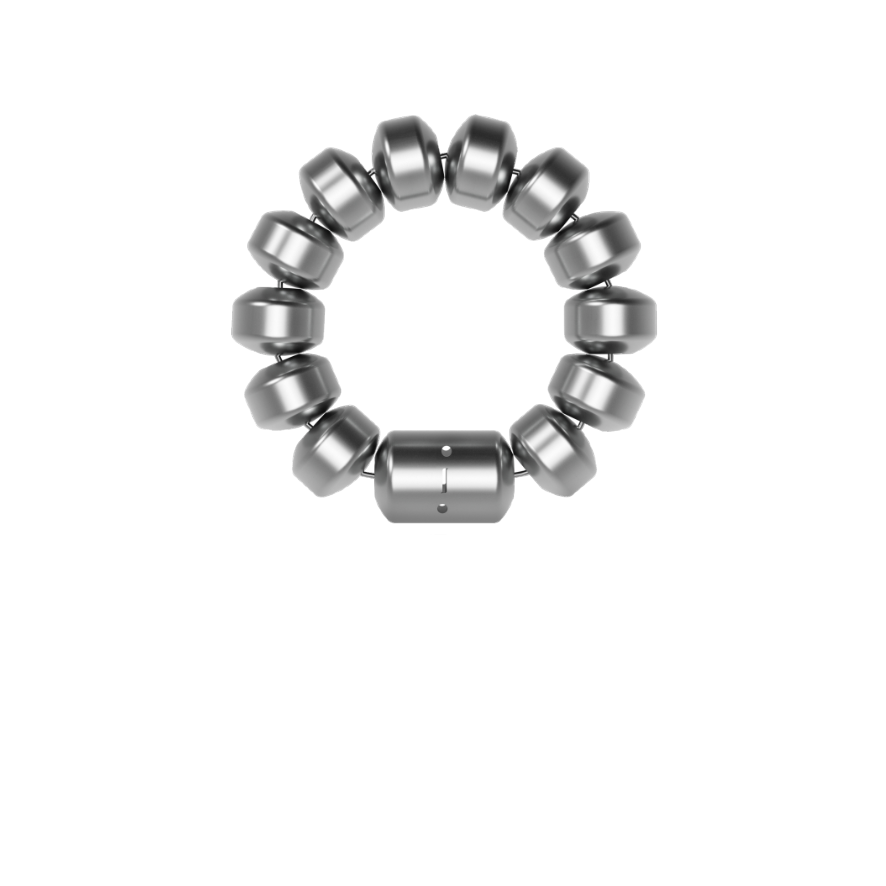 Background: Gastroesophageal Reflux Disease (GERD) is associated with an incompetent lower esophageal sphincter, which allows abnormal reflux of gastric content into the esophagus. Symptoms can include indigestion, burning chest pain, regurgitation, chronic cough, and even voice changes. GERD is a progressive disease- as symptoms become severe, patients typically progress from single to double dose PPI medication. Medication does no fix the reflux problem, it only reduces the acid. Chronic GERD can lead to strictures, bleeding, and cancer. Surgical intervention of the Laparoscopic Nissen Fundoplication is effective in treating GERD, but high rates of failure, complications and side effects have limited its use.
Background: Gastroesophageal Reflux Disease (GERD) is associated with an incompetent lower esophageal sphincter, which allows abnormal reflux of gastric content into the esophagus. Symptoms can include indigestion, burning chest pain, regurgitation, chronic cough, and even voice changes. GERD is a progressive disease- as symptoms become severe, patients typically progress from single to double dose PPI medication. Medication does no fix the reflux problem, it only reduces the acid. Chronic GERD can lead to strictures, bleeding, and cancer. Surgical intervention of the Laparoscopic Nissen Fundoplication is effective in treating GERD, but high rates of failure, complications and side effects have limited its use.
Technology: LINX is a first line, fundic-sparing surgical treatment option for GERD. It consists of small, flexible band of titanium beads, with magnetic cores that augment the lower esophageal sphincter ability to close while allowing food and liquid to pass through to the stomach. LINX is implanted via a laparoscopic outpatient procedure.
LINX is efficacious, reversible, reproducible, and has few side effects.
Who is a candidate?
Individuals with diagnosed GERD who are on maximal dose PPI medication and continue to suffer from symptoms.
Research shows a 90% improvement in symptoms and a 75% chance of discontinuing all PPI medication. The chance for device removal is 3%.
Please call our office if you are interested in this procedure.
Reference: “Laparoscopic Magnetic Sphincter Augmentation vs. Double-Dose Proton Pump Inhibitors for Management of Moderate to Severe Regurgitation in GERD: A Randomized Controlled Trial” Bell RC, et al. Gastrointestinal Endoscopy, Vol. 89, Issue 1, 2018
